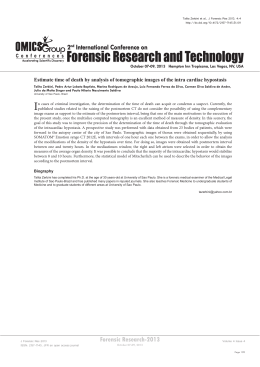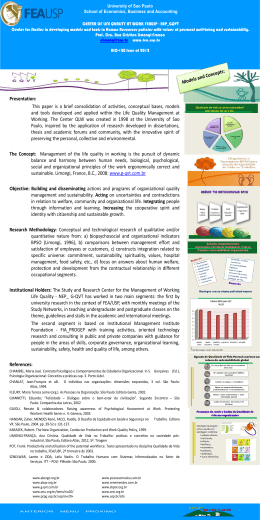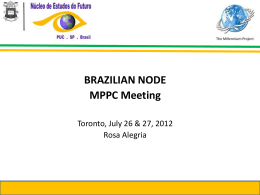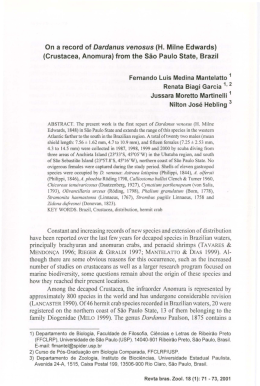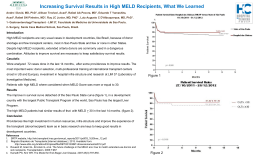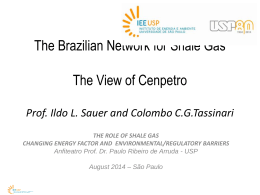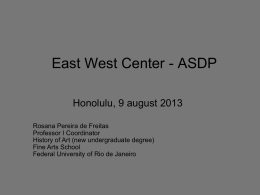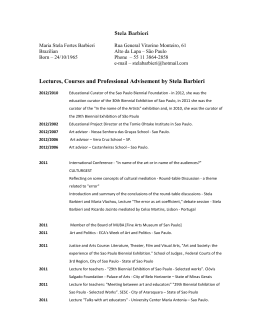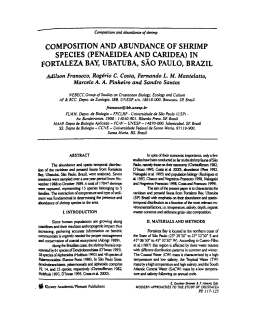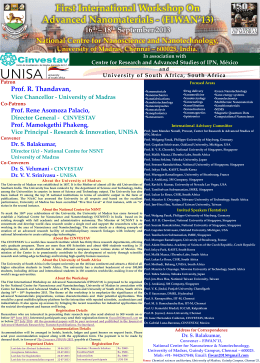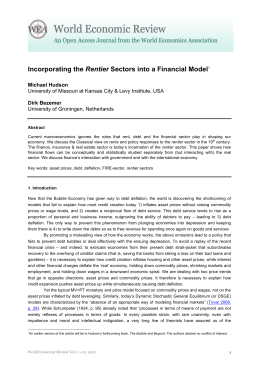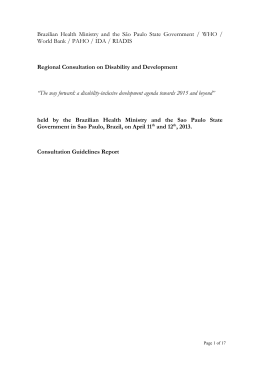SEMINÁRIO DE GEOPOLITICA DA ENERGIA SALA DA CONGREGAÇÃO DO IRI 14 DE AGOSTO DE 2014 Professor Ildo Sauer Graduate Program on Energy Director of the Institute of Energy and Environment University of Sao Paulo February 14th, 2014. KEY ISSUES ON WORLD OIL STRATEGY : Energy appropriation essential roles in Humanity’s revolutions: Agriculture “domesticated” photosynthesis via plants and animals; Industrial revolution relied on tapping stocks: first coal, then oil… Role of energy appropriation: enhance productivity of socially organized labor, hence allow for economic surplus or rent (well above average profits); RESOURCE CONTROL AND RENT EXTRACTION: 1960: OPEC founded to secure rent for producers: Oil reserves control: 85% IOCs; 14% USSR; 1% NOCs; 1973 and 1979 Oil Shocks failed 2010: 6% IOCs; 6% Russians; 88% NOCs; 2005 price escalation sustained; 2013 Oil demand 85 MM bbl/d (±30 billions bbl/year); surplus of US$ 2.5-3 trillion Compare: World GDP of ±US$80 trillion (surplus ±10%, US$8 trillions) OECD+CHINA x OPEC+RUSSIA strategic war on oil price and access Prof. Ildo Sauer - University of Sao Paulo 2 2010 NEW “SEVEN SISTERS”, Financial Times: ● Saudi aramco (S. Arabia) JSC Gazprom (Russia) ● CNPC (China) NIOC (Iran) ● PDVSA (Venezuela) Petrobras (Brazil) ● Petronas (Malasia) STRATEGIC DISPUTE: ACCESS TO RESOURCES AND RENT CAPTURE Source: Aker Solutions London Technology Day, Set/2010. Ildo Luís Sauer Universidade de São Paulo 3 •Intrinsic oil characteristics - thermodynamics: low entropy, high availabitity to produce work; • Oil net energy balance: 1:100 – 1:30 – ETHANOL (sugarcane): 1:8 – BIODIESEL 1:1 to 1:7 • Economic consequences : cost US$1-15/barrel. - Market price around US$100. Surplus of US$85 – US100/bbl. - Economic rent/surplus under dispute on all camps(ideological, political, economical) among States and Companies. • World Economic System : 30 billions bbl/yr - rent US$ 2.5- 3 trillions/yr, on World GDP of US$80 trillions and surplus of est. US$8 trillions. Fonte: Agência Internacional de Energia “Resources to Reserves”, 2010 Ildo Luís Sauer Universidade de São Paulo Today: Coal; Future: Nuclear , Renewbles (?) Fuente: Alvarez, 2000 4 Oil prices last 30 years Average WTI, Brent & Dubai Fateh Prof. Ildo Sauer - University of Sao Paulo 5 economy, our country, and our planet is so high. Not when your generation needs us to get this right. It is timeto do what we can to secure our energy future.” President Obama, March 30, 2011 BLUEPRINT FOR A SECURE ENERGY FUTURE March 30, 2011 Table of Contents I. Introduction II. Executive Summary III. Develop and Secure America’s Energy Supplies Expand Safe and Responsible Domestic Oil and Gas Development and Production Lead the World Towards Safer, Cleaner, and More Secure Energy Supplies IV. Provide Consumers with Choices to Reduce Costs and Save Energy Reduce Consumer Costs at the Pump with More Efficient Cars and Trucks Cut Energy Bills with More Efficient Homes and Buildings DEVELOP AND SECURE AMERICA’S ENERGY SUPPLIES Lead the World Towards Safer, Cleaner, and More Secure Energy Supplies: “Working with Global Partners to Increase Oil Production and Secure Additional Reliable Supplies: Over the course of the last year, the U.S. and Mexico have been working together to develop a transboundary agreement that would facilitate the safe and responsible development of offshore oil resources near our common border. During his March 2011 visit to Brazil, Presidents Obama and Rouseff agreed to work as strategic energy partners to the benefit of both countries, including in the safe development of the vast oil and gas resources in pre-salt prospects in Brazil’s Outer Continental Shelf.” Building Strategic Relationships with Oil Producers: First, we will follow through on the initiatives we have already begun with Mexico where we expect to complete the transboundary agreement before the end of the year and with Brazil, where the opportunities for the use of U.S. drilling and containment technology are abundant, especially in the deepwater pre-salt play. We will also continue our contributions to the G20’s Global Marine Environment Protection initiative which is designed to facilitiate the sharing of best practices with respect to safety and environmental protection during offshore drilling and production. Finally, we will continue our work assisting other countries develop their resources in a efficient, safe, and transparent manner while protecting the environment. V. Innovate Our Way to a Clean Energy Future Harness America’s Clean Energy Potential Win the future through Clean Energy Research and Development Lead by Example: The Federal Government and Clean Energy Ildo Luís Sauer Universidade de São Paulo 6 March 9th 2007 Prof. Ildo Sauer - University of Sao Paulo 7 Brazilian Energy Sector Overview Prof. Ildo Sauer - University of Sao Paulo 8 Brazil Area: 3,287,597 sq mi (5th in the world) Population: 201,032,714 (5th in the world) GDP (ppp): $2.523 trillion (7th economy in the world) Institute of Energy and Environment, University of São Paulo – IEE-USP Established Lab: 1901, Institute: 1941 GDP per capita (ppp): $ 12,528 (79th in the world) Primary Energy Consumption: 11.3 Quadrillion Btu (9th in the world) Primary Energy Consumption per capita: 57.7 Million Btu (109th in the world) Source: US EIA & Wikipedia, 2014. Prof. Ildo Sauer - University of Sao Paulo 9 November 14th 2009 September 26th 2013 Prof. Ildo Sauer - University of Sao Paulo 10 KEY ISSUES IN BRAZIL ENERGY SECTOR PRE-SALT RESESERVES NOT QUANFIFIED, REGULATY MODEL STIL BEING QUESTIONED; POLITICAL DISPUTE ON ECONOMIC RENT OF OIL AND HYDRO POWER SECTORS: Shareholders, want market prices to improve profits; Consumers, want lower prices, People, owner of the resource according the Constitution, should extract rent for public education, health services, housing, social priorities, etc. However, Government, the “broker” has imposed arbitrary illegal price controls and allowed overpriced supply contracts favoring its economic and political supporters; SEVERE IMPACTS ON BIOFUELS (ALWAYS DEPENDENT ON OIL PRICES, SUBSIDIES OR INCENTIVES): Ethanol Programmunder stress, due to gasoline price control, lack of incentives and regulatory instability, arbitrary policies; Biodiesel program feasible but inviable; POWER SECTOR UNDER THREAT OR RATIONING AND EXPLOSIVE SPOT PRICES: Unsuficient and wrong options for capacity expansion: oil and LNG fired instead of more hydro, wind, cogeneration (NG and biomass), solar and efficiency . 2013-2014, expected to burn 40 billions R$ (US$17 billions) in thermal power due to low hydrology and bad expansion options. PETROBRAS AND ELETROBRAS MARKET VALUE SUNK Prof. Ildo Sauer - University of Sao Paulo 11
Download

